Definition
noun
The theory suggesting that traits or characteristics of an organism are produced and inherited by direct influence of the physical environment, by effort, or by use or disuse of body parts.
Supplement
According to this theory, individuals lose characteristics they do not require (or use) and develop characteristics that are useful. These characteristics or traits are caused by changes or mutations in the organism that are directed towards some objective so the organism would become better adapted to a particular situation or to its environment, and the traits acquired or learned during its lifetime can be passed on to its offspring which would also be possessing these traits.
However, this theory is no longer widely accepted like before. For instance, according to this theory, the giraffes evolve into having long necks because of their stretching to reach for the leaves on tall trees, and this trait had been passed on to its offspring. But other leaf-eating animals with short necks would not need a long neck to survive. A sheep does not need longer neck as it can eat leaves from grass. This indicates the giraffe’s neck is long not because of the result of direct mutation, nor because it is a requisite for survival, but because it is caused by random mutation.
Word origin: named after the French biologist Jean-Baptiste Lamarck.
Synonym: Lamarckian theory.
See also: direct mutation, soft inheritance.
Dictionary > Lamarckism
You will also like...
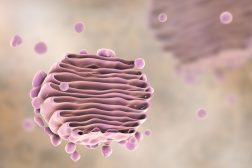
Role of Golgi Apparatus & Endoplasmic Reticulum in Protein Synthesis
The endoplasmic reticulum and Golgi apparatus are the organelles involved in the translation step of protein synthesis a..

Plant Cells vs. Animal Cells
Plant cells have plastids essential in photosynthesis. They also have an additional layer called cell wall on their cell..
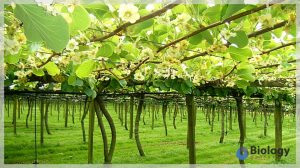
Biosecurity and Biocontrol
This lesson explores the impact of biosecurity threats, and why they need to be identified and managed. Examples to incl..
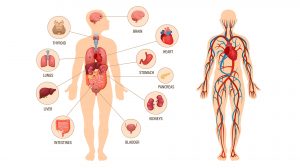
The Human Physiology
Physiology is the study of how living organisms function. Thus, human physiology deals specifically with the physiologic..
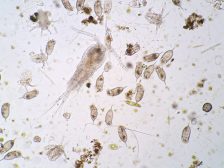
Freshwater Communities & Plankton
Planktons are microscopic organisms that live suspended in aquatic habitats. There are two groups: the phytoplanktons an..
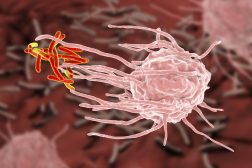
Biological Cell Defense
Organisms employ different strategies to boost its defenses against antigens. Humans have an immune system to combat pat..

